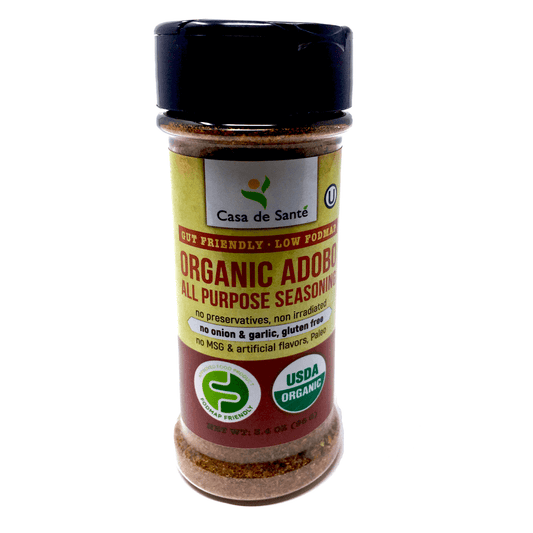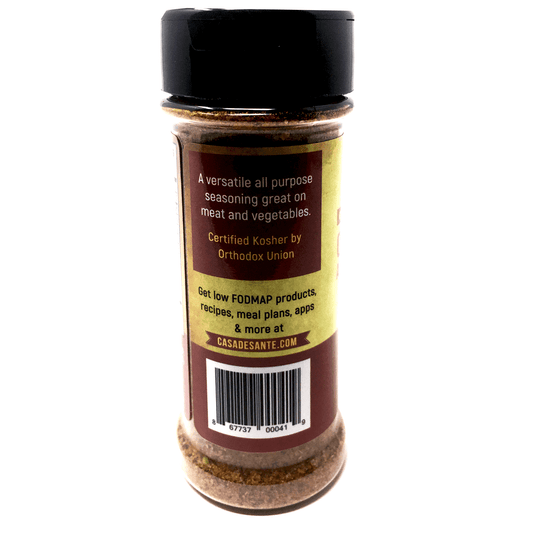Symptom Flares: Irritable Bowel Syndrome Explained
Irritable Bowel Syndrome (IBS) is a common disorder that affects the large intestine. It is characterized by a group of symptoms that typically occur together, including abdominal pain and changes in the pattern of bowel movements. These symptoms can be so severe that they interfere with a person's daily activities and quality of life. One of the most challenging aspects of IBS is the unpredictable nature of symptom flares, which can occur without warning and last for days, weeks, or even months.
Understanding the nature of symptom flares in IBS is crucial for managing the condition effectively. This article will delve into the intricacies of IBS, its symptom flares, and the various factors that can trigger these flares. We will also explore the different strategies for managing and preventing symptom flares, providing a comprehensive guide for those living with IBS.
Understanding Irritable Bowel Syndrome
IBS is a chronic condition that affects the digestive system, particularly the large intestine or colon. It is classified as a functional gastrointestinal disorder, meaning that it is a condition where the digestive system looks normal but doesn't work as it should. IBS is characterized by a combination of symptoms, including abdominal pain, bloating, and changes in bowel habits such as diarrhea, constipation, or alternating between the two.
While the exact cause of IBS is unknown, several factors are thought to play a role. These include abnormalities in the gastrointestinal nervous system, inflammation in the intestines, severe infection, changes in gut bacteria, and certain food triggers. It's also important to note that IBS is a chronic condition, meaning it requires long-term management.
The Role of the Gut-Brain Axis in IBS
The gut-brain axis is a bidirectional communication system between the gastrointestinal tract and the nervous system. It plays a crucial role in regulating bowel function and is thought to be significantly involved in the development of IBS. Dysregulation in the gut-brain axis can lead to changes in gut motility, increased sensitivity to abdominal pain, and alterations in gut microbiota, all of which are key features of IBS.
Stress and anxiety can also affect the gut-brain axis, leading to exacerbation of IBS symptoms. This is why mental health management is often a crucial part of IBS treatment plans.
IBS Subtypes
IBS can be categorized into four subtypes based on the predominant bowel habit: IBS with constipation (IBS-C), IBS with diarrhea (IBS-D), Mixed IBS (IBS-M), and Unsubtyped IBS (IBS-U). Each subtype has its unique set of symptoms, and understanding these can help tailor treatment plans effectively.
For instance, IBS-C is characterized by hard or lumpy stools at least 25% of the time and loose or watery stools less than 25% of the time. On the other hand, IBS-D involves loose or watery stools at least 25% of the time and hard or lumpy stools less than 25% of the time. IBS-M involves both hard or lumpy stools and loose or watery stools at least 25% of the time. Lastly, IBS-U is diagnosed when there are insufficient abnormal bowel movements to meet the criteria for the other subtypes.
Understanding Symptom Flares in IBS
A symptom flare in IBS refers to a period where symptoms become significantly worse. These flares can vary in length and severity, ranging from mild discomfort to severe pain and disruption of daily activities. The unpredictability of these flares can be particularly challenging, causing significant stress and anxiety in individuals with IBS.
During a symptom flare, individuals may experience increased abdominal pain, bloating, and changes in bowel habits. Other symptoms such as fatigue, nausea, and loss of appetite may also occur. It's important to note that the symptoms experienced during a flare can vary widely among individuals, reflecting the complex nature of IBS.
Triggers of Symptom Flares
Several factors can trigger symptom flares in IBS. These include dietary factors, stress, hormonal changes, certain medications, and gastrointestinal infections. Identifying personal triggers is a crucial step in managing IBS effectively.
Dietary triggers can include a wide range of foods and drinks. Common culprits include fatty foods, spicy foods, alcohol, caffeine, and certain types of carbohydrates known as FODMAPs (Fermentable Oligosaccharides, Disaccharides, Monosaccharides, and Polyols). Stress is another common trigger, highlighting the importance of stress management in IBS. Hormonal changes, particularly in women, can also trigger symptom flares. Some individuals may notice a worsening of symptoms around the time of their menstrual period.
Managing Symptom Flares
Managing symptom flares in IBS often involves a combination of dietary modifications, stress management techniques, and medications. Dietary modifications can include identifying and avoiding personal food triggers, following a low FODMAP diet, and maintaining a balanced diet with adequate fiber intake.
Stress management techniques such as cognitive-behavioral therapy, mindfulness-based stress reduction, and yoga can also be beneficial. Medications used to manage symptom flares can include antispasmodics, laxatives, anti-diarrheal agents, and certain types of antidepressants. It's important to work closely with a healthcare provider to develop a personalized treatment plan.
Preventing Symptom Flares in IBS
While it may not be possible to prevent all symptom flares in IBS, certain strategies can help reduce their frequency and severity. These include maintaining a healthy lifestyle, managing stress, and following a personalized diet plan.
Regular physical activity can help regulate bowel movements and reduce stress, both of which can help prevent symptom flares. Adequate sleep is also important, as poor sleep can exacerbate IBS symptoms. Stress management techniques can be beneficial, as stress is a common trigger for symptom flares. Lastly, following a personalized diet plan, which may involve avoiding certain food triggers or following a low FODMAP diet, can help prevent symptom flares.
Role of Probiotics in Preventing Symptom Flares
Probiotics are live bacteria and yeasts that are beneficial for gut health. They can help balance the gut microbiota, improve gut barrier function, and modulate the immune response, all of which can help prevent symptom flares in IBS.
Several studies have shown that certain strains of probiotics can help reduce IBS symptoms and improve quality of life. However, the effectiveness of probiotics can vary among individuals, and more research is needed to determine the optimal strains and dosages. It's important to consult with a healthcare provider before starting any new supplement regimen.
Role of Medications in Preventing Symptom Flares
Several medications can help prevent symptom flares in IBS. These include antispasmodics, which can help reduce abdominal pain and bloating, and laxatives or anti-diarrheal agents, which can help regulate bowel movements.
Some individuals may also benefit from certain types of antidepressants, which can help reduce abdominal pain and improve bowel habits. However, these medications should be used under the guidance of a healthcare provider, as they can have side effects and may not be suitable for everyone.
Living with IBS: A Holistic Approach
Living with IBS can be challenging, but a holistic approach that addresses both physical and mental health can help improve quality of life. This can involve a combination of dietary modifications, stress management techniques, medications, and lifestyle changes.
Support from healthcare providers, mental health professionals, dietitians, and support groups can also be invaluable. Remember, it's important to seek help and not to suffer in silence. With the right support and management strategies, it's possible to live a full and active life with IBS.
























